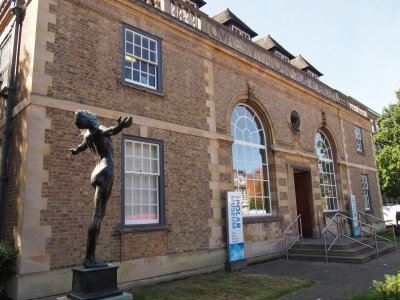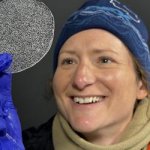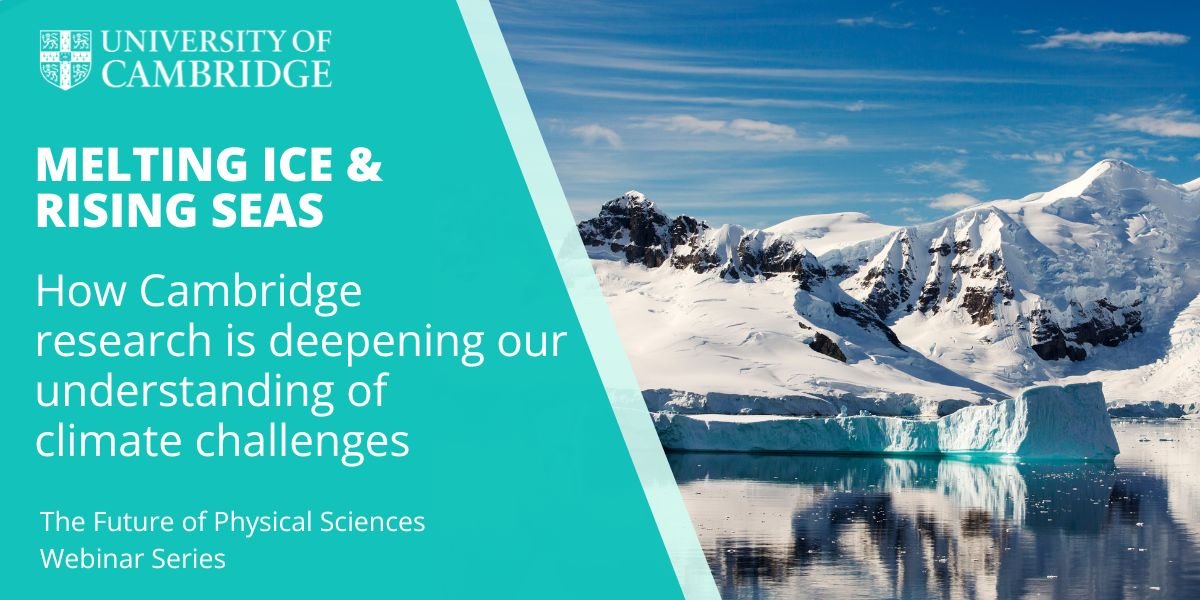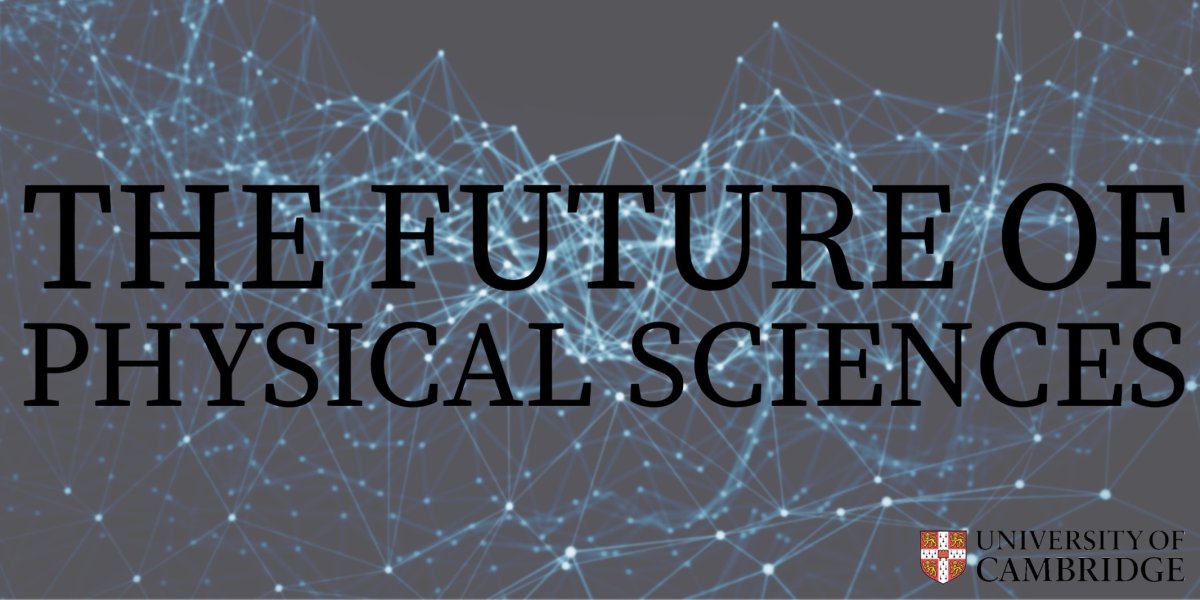Melting Ice & Rising Seas: How Cambridge research is deepening our understanding of climate challenges
Melting Ice & Rising Seas: How Cambridge research is deepening our understanding of climate challenges
Glaciers and ice sheets from Greenland to Antarctica are losing ice faster than ever, adding vast amounts of water to the ocean and accelerating global sea‑level rise. What drives this rapid mass loss, and how do ice sheets melt? Our ability to understand melting ice sheets is an important aspect of predicting future sea levels and understanding the impacts on the UK’s low‑lying coasts and communities worldwide.
Chaired by Professor Jerome Neufeld, Professor of Earth and Planetary Fluid Dynamics, this webinar brings together three Cambridge researchers on the front line of cryosphere science:
- Dr Rebecca Dell (Scott Polar Research Institute) : using satellites, machine learning, and field-based measurements to measure ice-shelf surface melting over time.
- Dr Rachael Rhodes (Department of Earth Sciences) : drilling polar ice cores to decode past climate shifts and improve future projections.
- Professor John Taylor (Department of Applied Mathematics and Theoretical Physics): building next‑generation models that couple ice‑sheet dynamics with ocean circulation to sharpen sea‑level forecasts.
In this webinar, you’ll gain a clear understanding of how Cambridge researchers are approaching the challenge of ice‑sheet melt and sea‑level rise, from real‑time satellite monitoring and advanced climate modelling to ice‑core fieldwork that sharpens our projections for the decades ahead.
Reading Material
In advance of the webinar, we invite you to explore a selection of papers by our speakers, offering insights into the science of melting ice and sea-level rise.
'Substantial contribution of slush to meltwater area across Antarctic ice shelves' - Dell et al. 2024
'The Ronne Ice Shelf survived the last interglacial' - Wolff et al. 2025
'Abrupt Holocene ice loss due to thinning and ungrounding in the Weddell Sea Embayment' - Grieman et al. 2024

Visit The Polar Museum
The Polar Museum is free to visit, and is open to the public on Tuesdays, Wednesdays, Thursdays, Fridays, and Saturdays from 10am-4pm. See what's on here.
Speakers
Dr Rebecca Dell (Scott Polar Research Institute, University of Cambridge)

Rebecca Dell (Christ's College) is a remote sensing and fieldwork-based glaciologist at the Scott Polar Research Institute.
Her research currently employs a 'Big Data' approach to investigate Antarctic Ice Shelf stability in relation to surface meltwater through remote sensing and machine learning methodologies.
Rebecca has also conducted two Antarctic fieldwork seasons for a NSFGEO-NERC funded project entitled "Ice-Shelf Instability Caused by Active Surface Meltwater Production, Movement, Ponding and Hydrofracture" (PI: Dr Alison Banwell)
Dr Rachael Rhodes (Department of Earth Sciences, University of Cambridge)

Dr. Rachael Rhodes is an Assistant Professor at the Department of Earth Sciences, specializing in paleoclimate research through the analysis of polar ice cores. Her work focuses on reconstructing past climate and biogeochemical cycles by examining the gas and chemical compositions trapped in Arctic and Antarctic ice. She employs advanced geochemical techniques and numerical modeling to interpret these records, aiming to enhance our understanding of historical climate variability and its implications for future climate change.
Professor John Taylor (Department of Applied Mathematics and Theoretical Physics, University of Cambridge)

Professor John R. Taylor is Professor of Oceanography in the Department of Applied Mathematics and Theoretical Physics at the University of Cambridge and a Fellow of St John's College. His research focuses on the fluid dynamics of the ocean, particularly processes at the interface between oceanography and fluid dynamics. He leads a research group that uses numerical simulations and mathematical methods to study topics such as ocean turbulence, submesoscales, frontal dynamics, ocean-cryosphere interactions, and the influence of physical processes on biogeochemistry.
Professor Jerome Neufeld (Department of Earth Sciences and DAMTP, University of Cambridge)

Jerome A. Neufeld is the Professor of Earth and Planetary Fluid Dynamics based at the Department of Earth Sciences and Department of Applied Mathematics and Theoretical Physics, University of Cambridge.
The Earth and Planetary Fluid Dynamics group focuses on using mathematical models and laboratory experiments to understand the fluid behaviour of the Earth and other planetary bodies. Current research interests include the consequences of subglacial hydrology on supraglacial lake drainage and the tidal modulation of ice streams, the solidification of magma oceans and the early generation of magnetic fields on planetary bodies, the erosive dynamics of idealised river systems, the emplacement and solidification of magmatic flows, viscous tectonic mountain building, and the general fluid dynamics of geological carbon storage.
Booking information
Booking for this event is now closed.
Contact
Are you receiving the latest news from your department?
Update your contact details to ensure you receive the latest news, events, and updates from your department.

